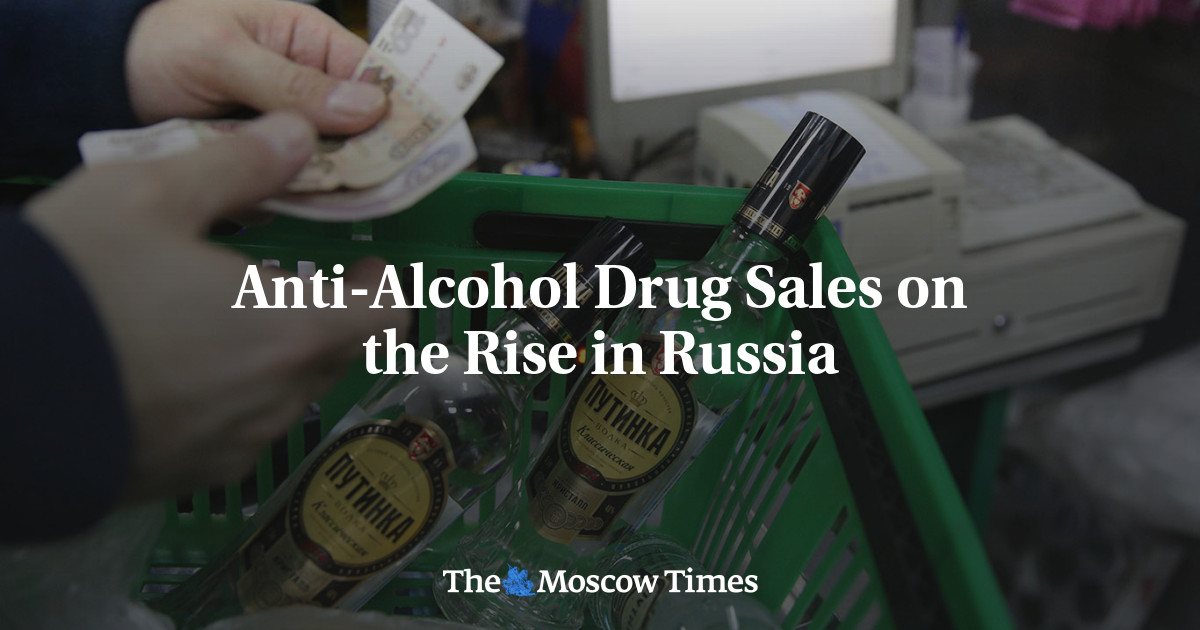
Anti-Alcohol Drug Sales on the Rise in Russia
How did your country report this? Share your view in the comments.
Diverging Reports Breakdown
Anti-Alcohol Drug Sales on the Rise in Russia
Russians purchased 553,200 packages of anti-alcohol drugs from January through June. That’s a 13.5% increase compared to the same period last year, according to data from RNC Pharma. Revenue from those sales jumped nearly 38% year-over-year, reaching 539.6 million rubles ($5.8 million) New regulations taking effect next year will expand Russia’s state healthcare information system to include patients with mental and behavioral disorders, including alcohol-related conditions. The change has prompted concern among patients who fear that a formal diagnosis could affect their employment or access to social services.
Russians purchased 553,200 packages of anti-alcohol drugs from January through June, a 13.5% increase compared to the same period last year, according to data from the analytics firm RNC Pharma published Friday by the Vedomosti business daily.
Revenue from those sales jumped nearly 38% year-over-year, reaching 539.6 million rubles ($5.8 million).
The surge follows an earlier annual total of 1 million packages sold in 2024, with sales amounting to 878.1 million rubles ($11.1 million).
Rigla, one of the country’s largest pharmacy chains, said sales of anti-alcohol medications exceeded 44 million rubles ($555,000) in the first six months of the year, a 48% jump from the same period in 2024. The chain said sales volume also rose by nearly 29%.
Zdravcity, another pharmacy chain, reported a 53% rise in sales and a 32% increase in the number of packages sold, though it declined to disclose specific figures.
Nikolai Bespalov, executive director at RNC Pharma, told Vedomosti that the figures reflect a growing willingness among Russians to seek pharmaceutical help for alcohol dependence.
That shift appears to be driven partly by economic pressures and partly by concerns over state surveillance of mental health data.
According to Alexandra Panova, a psychiatrist and addiction specialist at UNI Clinic, many patients are turning to medication as a lower-cost alternative to full addiction treatment programs.
She told Vedomosti that new regulations taking effect next year will expand Russia’s state healthcare information system to include data on patients with mental and behavioral disorders, including alcohol-related conditions.
The change, scheduled for March 1, 2026, has prompted concern among patients who fear that a formal diagnosis could affect their employment or access to social services, Panova said.
The rise in anti-alcohol drug sales comes amid fresh signs that alcohol consumption in Russia is increasing after several years of decline.
Government data from the Health Ministry’s Central Research Institute show per-capita consumption hit 8.41 liters in March, up 2.4% from 8.21 liters the year before.
Sales of strong alcohol excluding vodka climbed 10.2% in 2024, reaching 3.2 liters per capita, the highest figure recorded since 2017.
Source: https://www.themoscowtimes.com/2025/07/25/anti-alcohol-drug-sales-on-the-rise-in-russia-a89969
